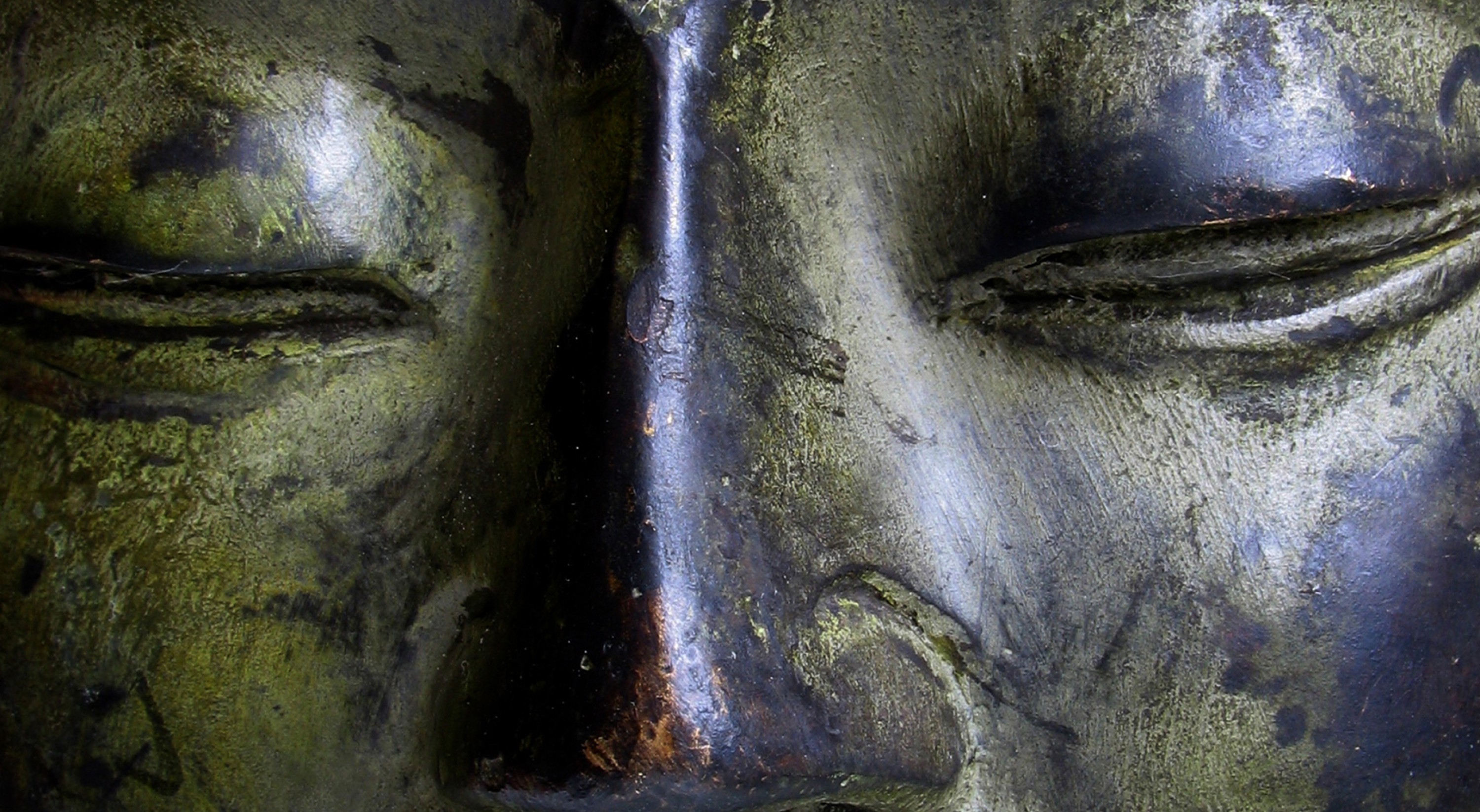Claude Vivier Tristan Murail Gustav Mahler
Tristan Murail: Unanswered Questions, for solo flute
Claude Vivier: Siddhartha
Gustav Mahler: Das Lied von der Erde
Alice Coote, mezzo-soprano
Michael Schade, tenor
Anne-Sophie Neves, solo flute
Orchestre Philharmonique de Radio France
Olari Elts, conductor
Coproduction: Radio France (Paris); Festival d’Automne à Paris
With support from the Ernst von Siemens Foundation for Music
With support from the Canadian Cultural Centre in Paris
Concert broadcast live by France Musique (Radio France)
The East, both real and imaginary, is the focus of the concert. The Chinese poets whose verse is exalted in Das Lied von der Erde by Gustav Mahler encounter the wisdom of India in Siddhartha, the novel by Hermann Hesse, an author greatly admired by Claude Vivier. But it was not travels that inspired these works. Mahler was the migrant who crossed the Atlantic to New York, while Vivier traveled to Japan and Bali.
Das Lied von der Erde is a symphonic work of six songs, the last grand song being one of Mahler’s great achievements. The original verse that inspired the work came from The Chinese Flute, a collection translated into German by the poet Hans Bethge, and which included poetry from the Tang dynasty by the great poet Li Bai. Mahler brought life to the essence of the original texts, expressing the exoticism of the time which permeates the work, while also conveying the exquisite pain of remembrance, of lands of wonderment that seem to belong to the past. By the end of Der Abschied, all that remains is what the philosopher Theodor W. Adorno described as “the sweet languishing of the person who has nothing more to lose.”
Claude Vivier, influenced by his maestro, Karlheinz Stockhausen, completed Siddhartha in 1976. It is one of his very few works written for large orchestra, and opens with a spectacular tutti attack. The eight groups of instruments then subdivide into smaller ensembles, producing intimate, delicate music. While Vivier never went to India, there is a style reminiscent of Indian ragas when the simple and clear melody is projected in both time and space. The spiritual quest and the enlightenment of Hermann Hesse’s novel are exalted, as are the different cultures of Bali, Iran and Egypt which Vivier would soon discover in the course of his travels.
The work introducing the concert, Unanswered Questions, is a melodic arch by Tristan Murail whose spectral approach (but no religious affinities) can be seen linking him to the art of Claude Vivier.
––––––
Running time: 2h with intermission
See also
